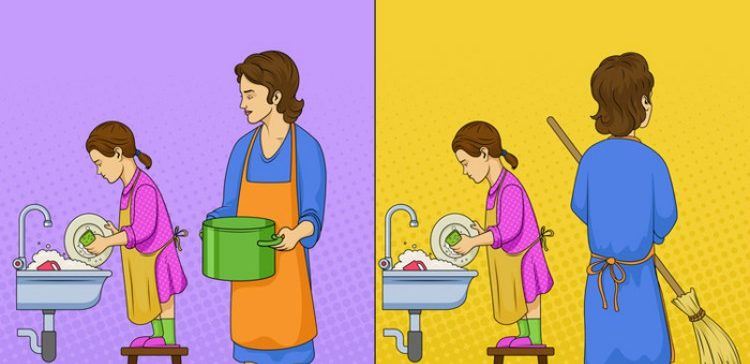3-The Text Phantom (Smishing)
Instead of a phone call, you’ll receive a text message asking for you to respond. Again, the phone number may look like it’s domestic, or come from one of the area codes below. The message may also be written as if it’s someone you know who needs help, or requesting you to verify personal info (like bank accounts).
If you respond, you can be charged hefty fees for texts to international numbers, but these types of texts will often ask you to click on a link. Don’t do it! Your phone could become infected with a virus, or other sensitive information like passwords or financial details could be stolen.
If you’re wondering how to distinguish between a call you can trust and a scammer, disregard these area codes when calls roll in:
- 809, 829, 849, 876
- 473
- 268,284
- 664, 649
- 767
For a complete list of area codes, check out this article at inc.com that discusses the latest phone tricks that criminals use.
Constant phone calls and harassment from international callers can be reported to the Federal Trade Commission. If there’s a problem with charges to your phone bill, try contacting your service provider first or escalate it to the FCC.
Your best protection? Avoid taking calls from these unfamiliar numbers, and don’t provide personal information to strangers. Contact your bank (or other business) directly even if someone claims to be a representative. And don’t buy into “you’ve won” opportunities that pop up from nowhere.
Law enforcement agencies point out that the elderly and teenagers are among the most vulnerable to fall prey to these scams, as they are most likely to respond to mysterious calls or texts. Ignore the call!
Have you ever been a victim or almost-victim of a phone scam? How did the caller attempt to lure you in?
Source: Tiphero.com







